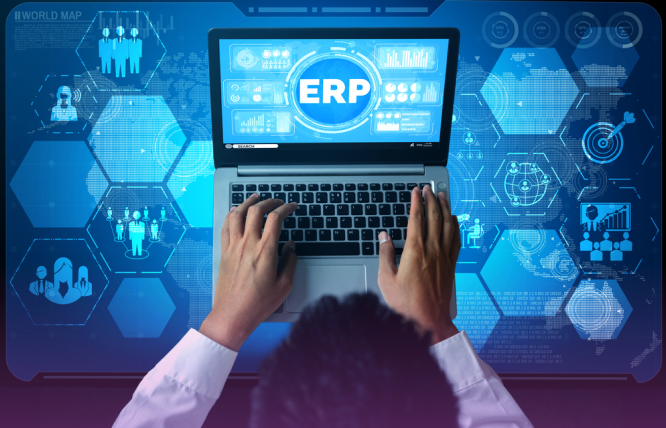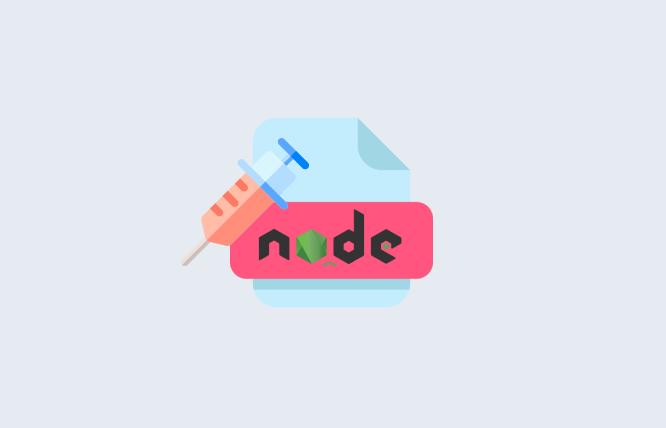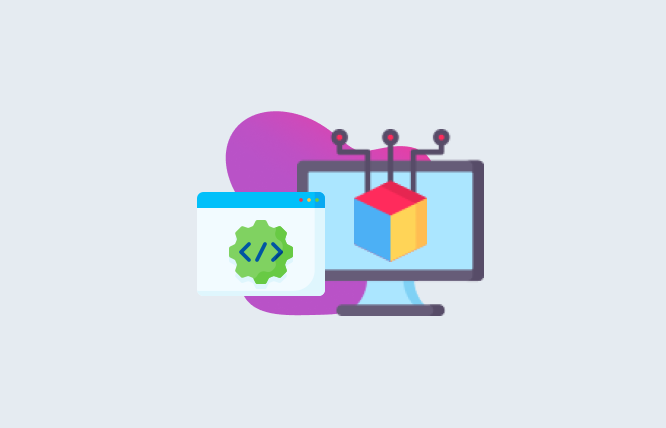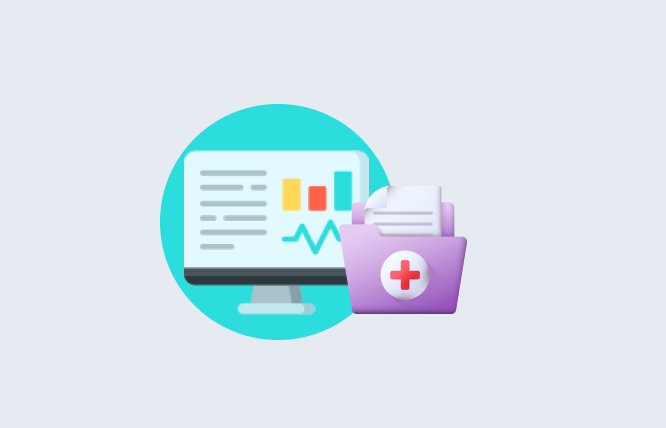This blog is about manufacturing ERP systems and how these systems can revolutionise your operations! An ERP system is a central hub for inventory, scheduling, and data. By implementing a manufacturing ERP system, you can boost efficiency, reduce costs, and gain competitive edge. Learn more about how a manufacturing ERP system benefits business operations.
Manufacturing ERP can have your data centralised and accessible in real time, so you do not have to juggle multiple platforms or spreadsheets. The concept of manufacturing ERP software can change depending on The requirements of your business.
A recent online study has found that manufacturers who implemented an ERP system saw a 22% increase in on-time deliveries in 2024. That’s a significant edge, think about it—every department works from the same playbook, communication is easy, and decision-making is streamlined.
But how exactly does an ERP system work its magic? An ERP for manufacturing can be the central nervous system of your organisational operations. It integrates all your manufacturing functions – inventory management, scheduling, production planning, dispatching, and more – into a unified platform. This creates a flow of entire operations of your business, eliminating data silos and communication breakdowns.
So, before it’s too late, let’s ditch the spreadsheets and sticky notes today! Understand and explore why manufacturing ERP systems are a game-changer for modern manufacturers.
Why Manufacturing ERP Systems Matter
Manufacturing ERP systems are crucial in today’s rapidly changing market. They provide a variety of advantages that have the potential to revolutionise your company’s functioning.
Looking to expand your factory operations and increase efficiency? Here’s why manufacturing ERP systems matter the most:
Streamlining Your Processes
A manufacturing ERP system integrates all your business processes into one cohesive platform. This eliminates bottlenecks and makes your workflows smoother. For instance, an ERP for manufacturing can sync production schedules with inventory levels, ensuring you have the right materials at the right time.
Saving Money
Cost saving is one of the major benefits of integrating an ERP software. Automated procedures decrease the necessity for manual interference, resulting in decreased labor expenses. And better control on inventory prevents unnecessary expenses on surplus inventory. A study from 2024 discovered that businesses that implemented ERP systems decreased their total expenses by an average of 15%.
Accuracy in Data
When you integrate ERP, data from various departments is collected and processed in real-time. This means fewer errors and more accurate data. Accurate data leads to better forecasting and planning, strengthening your competitive edge.
Boosting Customer Satisfaction
A well-implemented ERP system can significantly improve customer satisfaction. By streamlining order processing and production, you can deliver products faster and with higher quality. Timely deliveries and accurate orders enhance your reputation and lead to repeat business.
Scalability & Flexibility
Scalability of your ERP helps you expand in tandem with your company’s growth. When we talk about scalability, cloud-based ERP solutions reign supreme. It enables users to access information from any location, facilitating the management of remote teams and various office branches.
Staying Innovative
The ERP for the manufacturing industry is at the forefront of technological advancement, and your ERP system should be able to evolve, too. Open-source ERP options provide the flexibility to adapt and innovate. Regular updates and new features keep your system up-to-date, letting you take advantage of the latest advancements.
Manufacturing ERP systems are important because they provide the tools and insights needed to stay competitive. The integration is tricky but with the right custom ERP software development company by your side, you can streamline operations, reduce costs, improve data accuracy, and ensure scalability for future growth.
Must-Have Features in a Manufacturing ERP System
Choosing the right manufacturing ERP system means knowing what features are essential for your business. Here is a rundown of must-have features to look for:
Comprehensive Inventory Management
Your ERP system should offer robust inventory management. This means real-time tracking of materials and products, automated reordering, and reduction in excess stock. Efficient inventory management is crucial for minimising costs and ensuring production runs smoothly.
Production Planning & Scheduling
A good manufacturing ERP system provides detailed production planning and scheduling tools. This ensures that your production process is as efficient as possible. You can easily manage work orders, monitor progress, and adjust schedules based on real-time data.
Quality Control
Quality control check is essential in the manufacturing process. Your ERP software needs functions that allow you to monitor the quality throughout all phases of manufacturing. This contributes to upholding excellent quality and minimising flaws, resulting in improved customer happiness and decreased expenses.
Sales & Order Management
An integrated sales and order management module streamlines your sales process. It handles everything from quotes to orders to invoices, all while syncing with your production schedules. This guarantees that you meet customer needs without stretching your resources too thin.
Financial Management
A module for financial management combines tracking expenses, budget management, and financial report generation. This gives a transparent view of your financial well-being and aids in making informed choices.
Reporting & Analytics
Sophisticated reporting and analytics tools offer valuable insights into your operations, enabling you to track performance, recognise patterns, and make decisions based on data. Customisable dashboards and real-time reporting are particularly valuable.
Scalability
As your company expands, your ERP system needs to grow accordingly. Search for options that provide adaptability and allow for the integration of additional modules or functions when required.
User-Friendly Interface
A simple and easy interface guarantees that your team can effortlessly navigate and make use of the system. This decreases the time needed to learn and enhances overall productivity.
Cloud-Based Solutions
Cloud-based ERP solutions provide flexibility by enabling access to the system from any location. This is beneficial for companies with various branches or distributed teams.
Integration Capabilities
Your ERP system needs to smoothly connect with the other software and tools you utilise. This guarantees a seamless transfer of information among various platforms and departments.
Cost-Effectiveness
Take into account the total expenses associated with the ERP system, such as setup, education, and continuous upkeep. Low-cost manufacturing ERP software and open-source options can provide valuable features without breaking the bank.
Having these features in your manufacturing ERP system will streamline your operations, improve efficiency, and position your business for long-term success.
5 Ways a Manufacturing ERP System Can Save You Time, Money, & Headaches
What if you spend less time chasing down inventory data, eliminate frustrating production delays, and conquer that mountain of paperwork? Sounds good, right? Well, a anufacturing ERP system can make this a reality.
Here’s how a well-developed manufacturing ERP saves you big (time, money, and energy):
- Forget the endless rows and columns. An ERP automates tasks like data entry, order processing, and inventory management, freeing up valuable time for your team. This translates to less busy work and more focus on strategic initiatives.
- No more scrambling to juggle orders and material availability. An ERP provides real-time insights into your production capacity and material needs. This allows you to create accurate production schedules, identify potential bottlenecks early on, and ensure on-time deliveries.
- Manual processes are prone to human error, leading to costly mistakes and material waste. An ERP automates workflows and enforces data accuracy, minimising errors and ensuring you have the right materials on hand when you need them.
- Break down information silos! An ERP provides a single platform for all your departments – production, sales, and inventory – to access real-time data because better communication leads to smoother operations and faster problem-solving.
- With a manufacturing ERP, all the data is at your fingertips. An ERP system allows you to analyse production trends, identify gaps to make data-driven decisions, and optimise your operations. This translates to increased efficiency, reduced costs, and a competitive edge.
Now you are convinced of the benefits, but what about implementation? Don’t worry, we have got you covered. Let’s tackle some common challenges and ensure a smooth transition to your new manufacturing ERP system.
Overcome Common ERP Implementation Challenges
Let’s explore some potential problems a manufacturing ERP can bring and how we can minimise the risks.
1. Addressing Resistance to Change
Bringing change can be challenging for any organisation. To overcome resistance, involve your team early in the process. Communicate the benefits of the ERP system and how it will make their jobs easier. Provide adequate training and support to help ease the transition.
2. Managing Costs & Timelines
ERP implementations can be expensive and time-consuming. To manage costs and timelines, develop a detailed project plan with clear milestones and deadlines. Regularly review the project’s progress and adjust as needed to stay on track. Opting for low-cost manufacturing ERP software can also help manage costs.
3. Ensuring Data Accuracy & Integration
Transferring data from old systems to a new ERP system may pose challenges. Before migrating, make sure to clean and validate data thoroughly to ensure accuracy. Also, an ERP system with strong integration capabilities should be selected to guarantee smooth data flow among various systems.
4. Selecting the Right ERP Development Company
Choosing the right ERP development company is pivotal for a successful ERP implementation. It is essential to assess potential manufacturing ERP development companies based on their experience, industry knowledge, and support services. Factor in their expertise in areas such as custom ERP software development and CMS development services. Companies like FuturByte offer not only ERP development but also comprehensive CMS development services alongside custom cloud application development.
5. Providing Ongoing Training & Support
Even after the ERP system is implemented, ongoing training and support are essential. Make sure your team is comfortable with the ERP system and comprehends all the functionalities with ease. Giving ongoing training and providing access to support resources can assist in resolving any problems that may emerge and guarantee the system’s enduring achievement.
By addressing these common challenges, you can ensure a smooth and successful ERP implementation, setting your business up for long-term success.
Conclusion
Efficiency is the secret ingredient to remain competitive in the manufacturing industry. An ERP system for manufacturing is now essential, not just a luxury. It simplifies processes, enhances punctual deliveries, enables data-informed choices, and ultimately drives financial success.
Although implementing a new system may appear overwhelming, the lasting advantages surpass the initial difficulties. By thoughtfully assessing your requirements, avoiding typical mistakes, and selecting an adaptable option, you can guarantee a seamless switch and maximise the capabilities of your manufacturing ERP system.
Keep in mind that a properly executed ERP system is a long-term investment for the company. It will enable you to adjust to evolving market needs, improve efficiencies, and attain long-term growth.
So, are you prepared to elevate your manufacturing operations? Begin your search for the best manufacturing ERP systems now!
Frequently Asked Questions
Yes, we offer custom manufacturing ERP software development services. Our solutions are tailored to fit the needs of your business, ensuring seamless integration with your existing processes.
Absolutely! Manufacturing ERP software streamlines operations, improves efficiency, and reduces costs. It is designed to handle everything from inventory management to production planning, making your business run smoother and more profitably.
Manufacturing ERP software is a comprehensive system that integrates all aspects of a manufacturing business, from production and inventory to accounting and HR. It centralises data and processes, providing real-time insights and improving overall efficiency.
A manufacturing ERP system benefits your business by automating routine tasks, improving data accuracy, and enhancing decision-making. It helps you manage resources better, reduce waste, and increase productivity, leading to significant cost savings and improved profitability.
When choosing a manufacturing ERP solution, consider factors such as the vendor’s experience, industry knowledge, and support services. Look for features like customisation options, scalability, and integration capabilities. Also, ensure the ERP for manufacturing meets your specific business needs and budget.
Yes, ERP software can support lean manufacturing principles by optimising processes, reducing waste, and improving efficiency. It provides tools for better resource planning, real-time data tracking, and streamlined workflows, all of which are key components of lean manufacturing.
Have questions or feedback?
Get in touch with us and we‘l get back to you and help as soon as we can!





